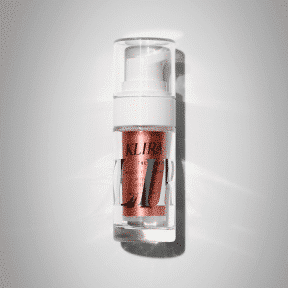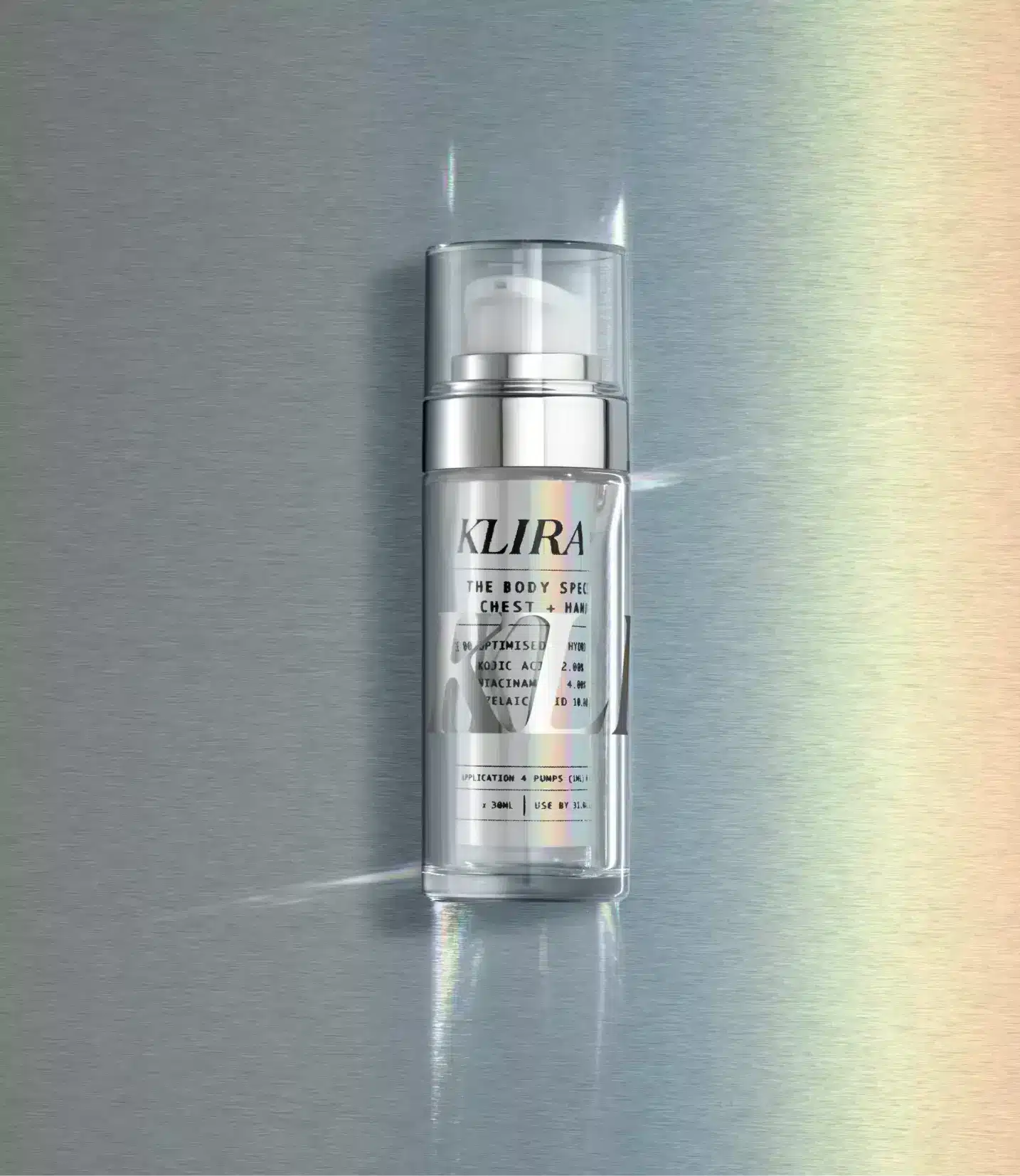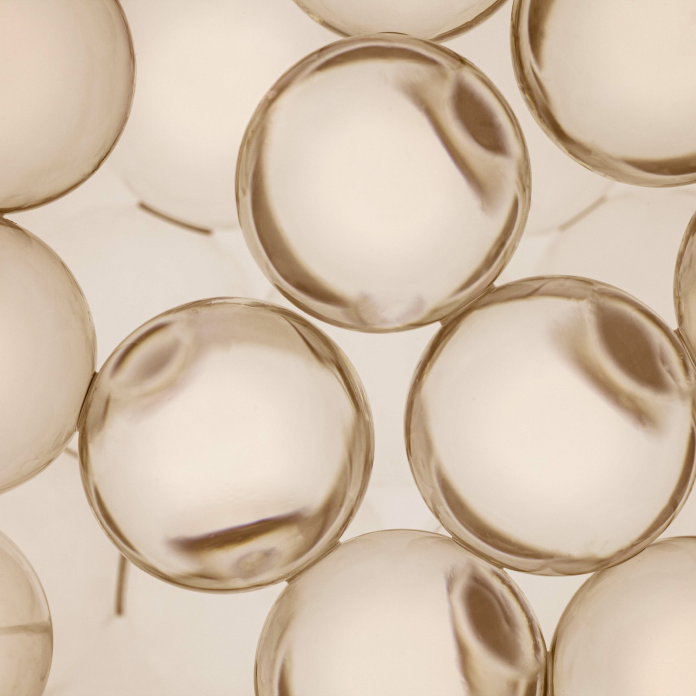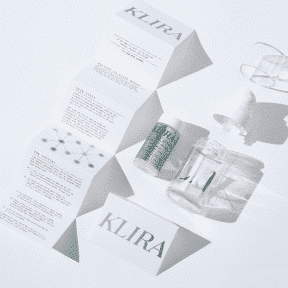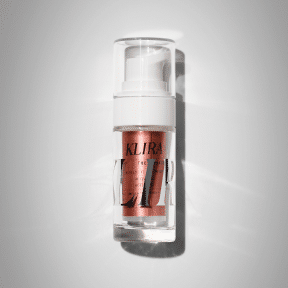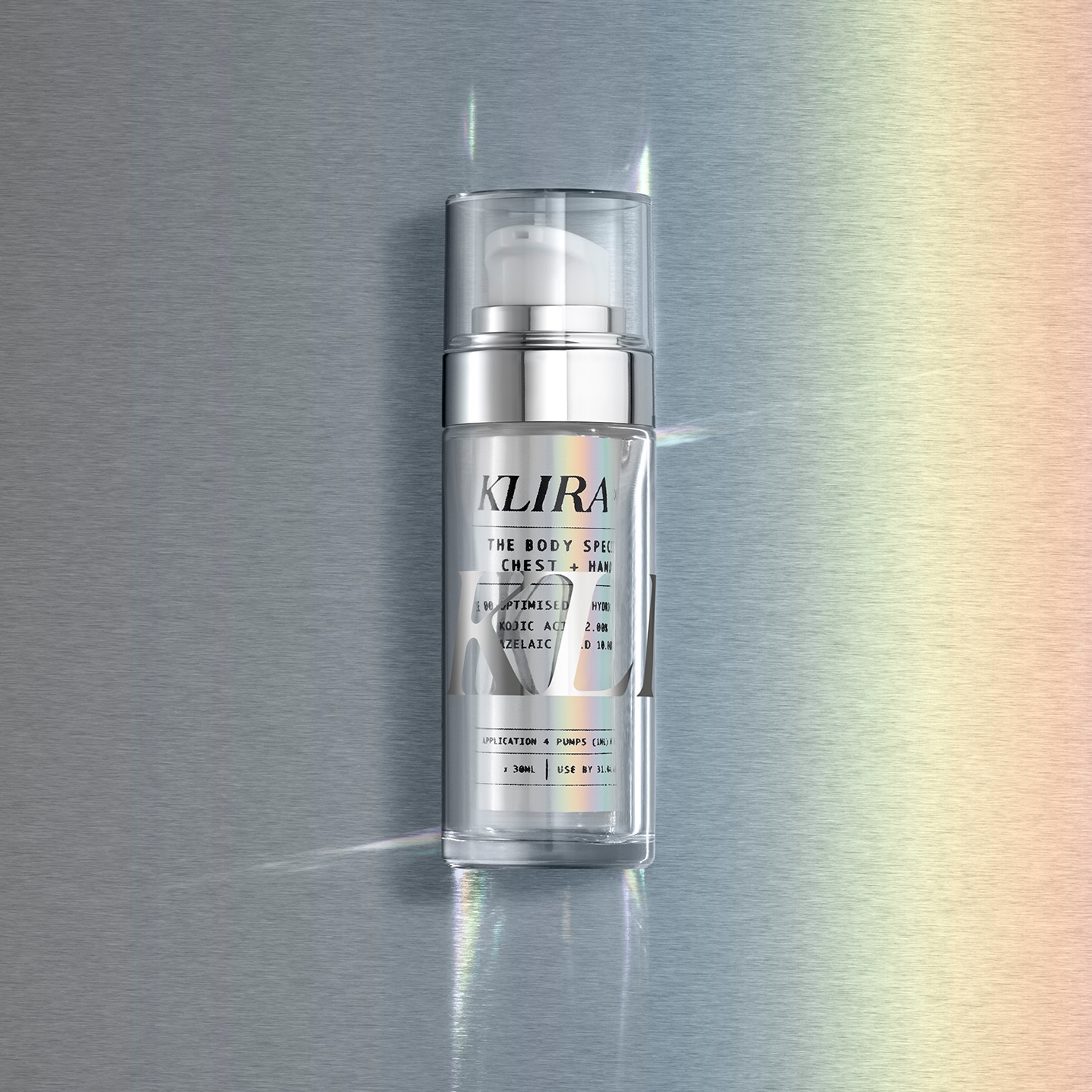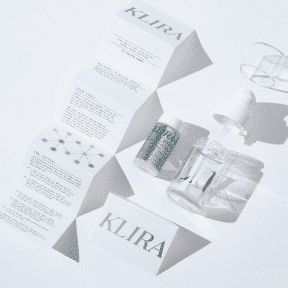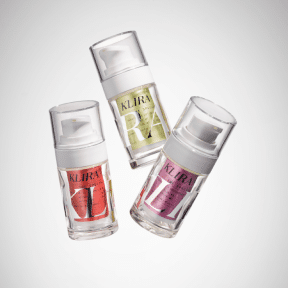Retinol can be a confusing skincare ingredient, primarily because the term “retinol” is often used interchangeably for all members of the retinoid family. However, not all retinoids are created equal, and understanding the differences between them is key to choosing the right product for your skin. One thing is certain: the retinoid family of ingredients, all derived from Vitamin A, are among the most powerful and scientifically backed ingredients available in skincare. But what makes them so effective? The answer lies in retinol metabolism, the process by which retinol is converted into its most active form, retinoic acid.
The Retinoid Family
Before diving into metabolism, let’s clarify the members of the retinoid family. Retinoids are a class of compounds derived from Vitamin A. The most common retinoids used in skincare include:
- Retinol Esters: These are the mildest forms of retinoids, often found in over-the-counter (OTC) skincare products. They are the least irritating but also the least potent.
- Retinol: A stronger form of retinoid, retinol is more effective than retinol esters but can still be found in OTC products.
- Retinaldehyde: Also available OTC, retinaldehyde is even more potent than retinol but is less irritating than prescription forms.
- Retinoic Acid (Tretinoin): This is the most potent form and is only available via prescription. Retinoic acid works directly on the skin without needing further conversion, making it highly effective for treating various skin concerns, including acne, fine lines, and uneven skin tone.
The Metabolism Process: From Retinol to Retinoic Acid
When applied to the skin, retinoids undergo a conversion process to become retinoic acid, the form that your skin cells can use. Here’s a breakdown of the steps:
- Retinol Esters → Retinol: Retinol esters, the least potent form, are first converted into retinol. This step is relatively slow, making retinol esters less irritating but also less effective.
- Retinol → Retinaldehyde: The next step in the conversion process involves the transformation of retinol into retinaldehyde. This form is more potent and closer to retinoic acid, making it more effective but potentially more irritating.
- Retinaldehyde → Retinoic Acid: The final step is the conversion of retinaldehyde into retinoic acid, the active form that directly affects your skin’s cellular processes. This form is the most effective for stimulating collagen production, speeding up cell turnover, and treating acne and pigmentation.
Why Retinoic Acid is Prescription-Only
Retinoic acid, also known as Tretinoin, is highly potent and does not require any conversion in the skin. This direct action makes it extremely effective but also more likely to cause irritation, redness, and peeling, especially in sensitive skin. Due to its strength, retinoic acid is only available via prescription. At Klira, we offer prescription-strength retinoic acid as part of our custom skincare solutions, tailored to your unique skin needs.
Prescription strength retinoic acid may be included in your Klira formula subject to professional assessment.
Our Dermatology Team will review your SkinSize™ Analysis, medical information, and photos to decide which ingredients you will receive in your bespoke formula.
Emma Craythorne is a Consultant Dermatologist, Trustee for the Cosmetic Practice Standards Authority and ex-President of the British Cosmetic Dermatology Group. Dr Emma is well known for her TV series – The Bad Skin Clinic – her renowned private practice, and NHS work.
- Dr Emma Craythornehttps://klira.skin/author/sherman-gallie/
- Dr Emma Craythornehttps://klira.skin/author/sherman-gallie/
- Dr Emma Craythornehttps://klira.skin/author/sherman-gallie/
- Dr Emma Craythornehttps://klira.skin/author/sherman-gallie/

